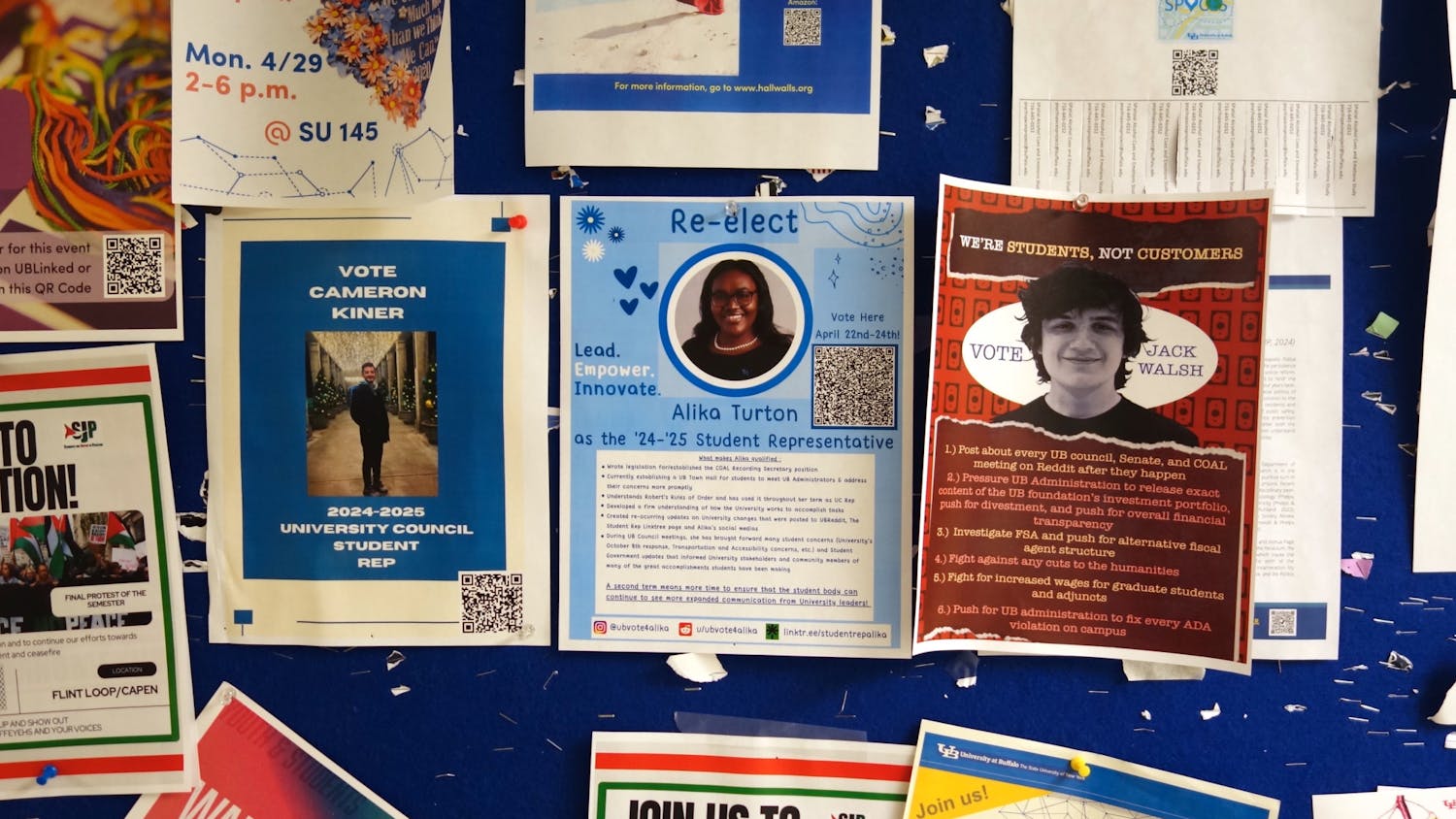Many murderers and child molesters in California are sentenced 25 years to life. And under the state's "three-strikes" law, which locks up defendants after their third felony conviction, so are pizza thieves and homeless crooks who swipe four cookies from a restaurant. In the latest petty crime demonstrating the inequity of the law, a man who stole $150 worth of videotapes from K-Mart will spend 50 years to life in prison.
The last punishment of unsuccessful shoplifter Leandro Andrade must have raised a few eyebrows among the justices at the Ninth Circuit Court. Last week, they struck down the sentence, citing it as a cruel and unusual punishment under the Eighth Amendment since the length of imprisonment did not fit the nature of the crime. Although they did not declare the law unconstitutional, this is the first time a court has struck down a sentence imposed under the three-strikes law.
Under the law, a person who commits three felonies receives the maximum sentence of 25 years to life. Since it was passed seven years ago, 7,000 California criminals have been jailed under the law. According to Los Angeles County's deputy public defender, half of them are serving time for non-violent or petty crimes. Many states now have similar laws resembling California's model.
The need to pass such a measure was demonstrated by the 1993 rape and murder of California middle-schooler Polly Klaas, who was killed by a man with several prior convictions of child abuse. The law's noble intent was to prevent sexual offenders from perpetrating violent assaults against minors, but its application imposes arbitrary sentences on pizza thieves, small-time drug abusers and shoplifters.
A fundamental notion of our legal system is that the punishment should fit the crime. Jailing a man for 50 years for ripping off K-Mart is not a fair application of this concept. This clearly is cruel and unusual punishment. The thousands of similar cases in California alone demonstrate that this is no isolated incident. If Andrade's case heads to the Supreme Court, the justices must take the opportunity to shut down the three-strikes laws once and for all.
Although the Supreme Court has ruled that three-strikes laws in past cases do not violate the Eighth Amendment, there is another constitutional issue at stake; namely, the unequal application of the law. If California's legal system equates rapists to shoplifters, clearly the law is unfair. Even among cases of theft, there is no uniform application. Some defendants plea bargain their ways to lesser sentences since judges drop a previous conviction. Others courts combine the offenses to cast harsher punishments, as in Andrade's case. Although all of his previous crimes are non-violent misdemeanors, the state elevated Andrade's two robbery attempts against K-Mart to felony status, increasing his jail time from six months to at least a half-century.
Of course criminals should be punished, no matter how petty their crimes. But three-strikes laws eliminate the possibility of finding an appropriate solution beyond the walls of a jail cell. Drug abusers are better off in treatment programs than in prison. Many shoplifters who are repeat offenders are driven either by mental illness or poverty. Sex offenders constitute an entirely separate class of individuals with psychological disorders.
Normally, a judge is allowed to take these factors, as well as a person's criminal history, into account when determining a sentence. But these laws curb a judge and jury's historical discretion to consider any of a defendant's mitigating as well as aggravating circumstances. Judges can't hope to make fair rulings if their hands are tied.
The worst aspects of the laws are that they do not solve problems - they create new ones. Mandatory-sentencing laws clog the court dockets, not to mention overcrowd the already burgeoning prison population. Convicting the influx of criminals indicted by three-strikes laws actually costs the state more money and is counter-productive, often placing non-violent petty offenders in jail alongside hardened violent criminals.
Justice isn't easy, but the black and white solutions of the three-strikes laws erode the very foundation of a fair system. Justice is not done by jailing the cookie-, pizza- and videotape-thieves for life. A fair system permits leniency where leniency is due and treats offenders as individuals, not batters.




